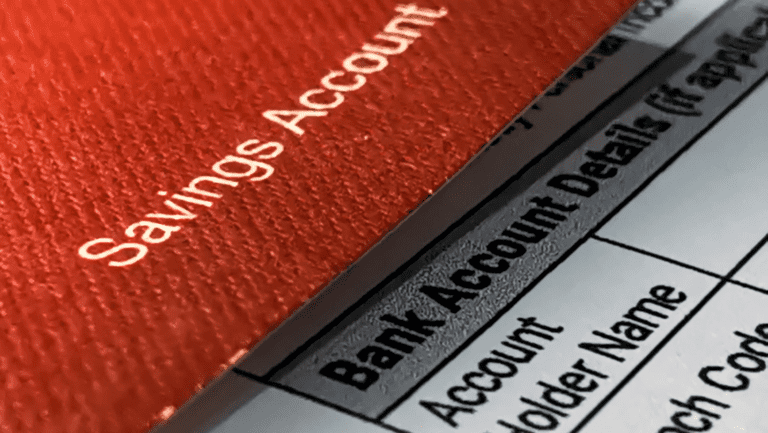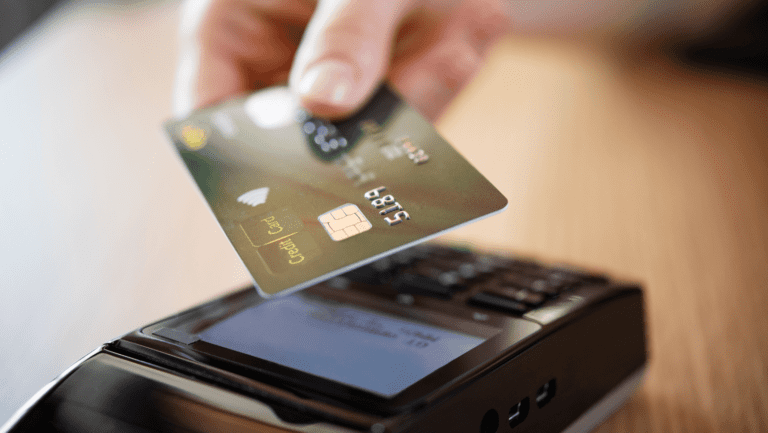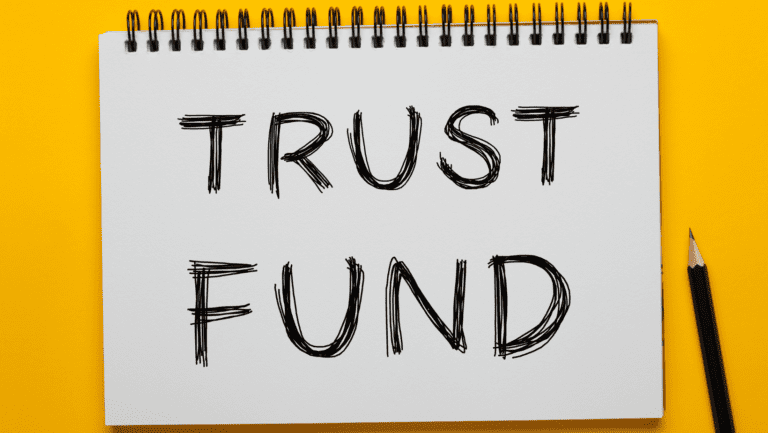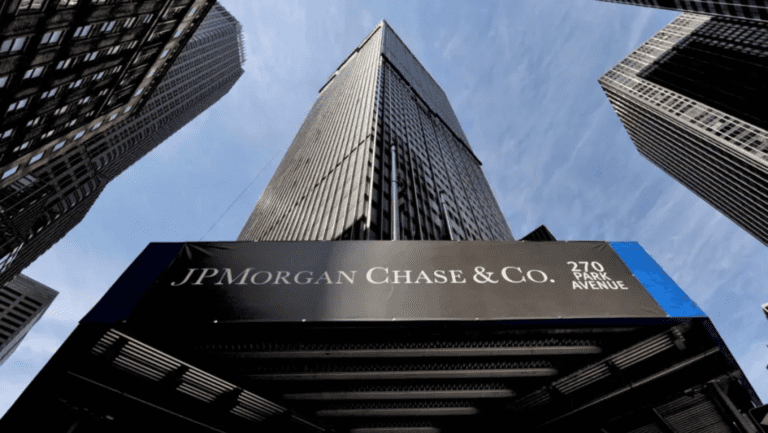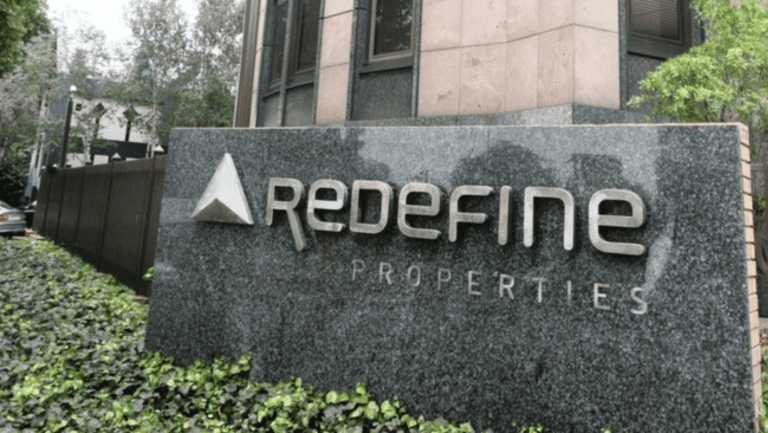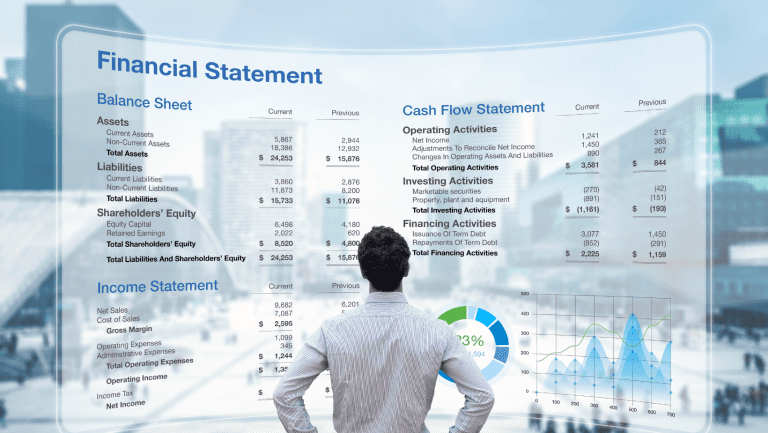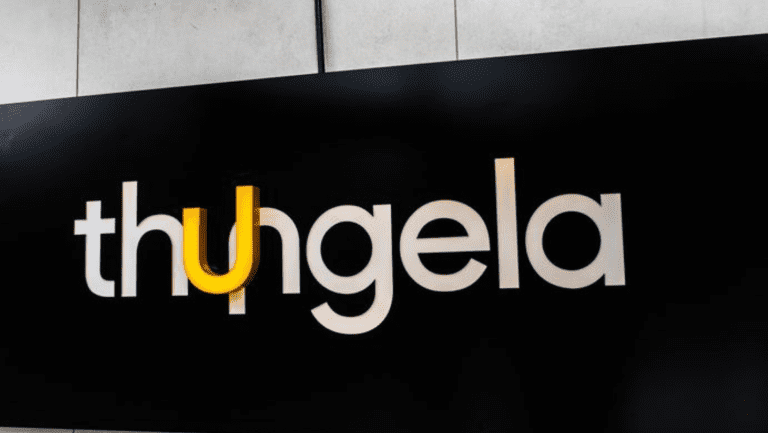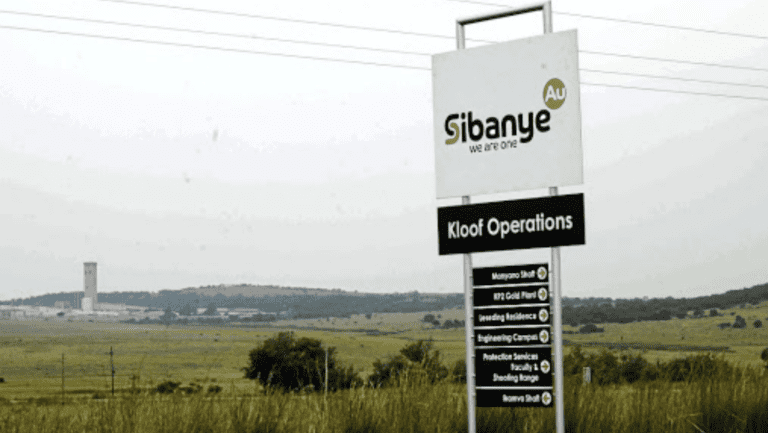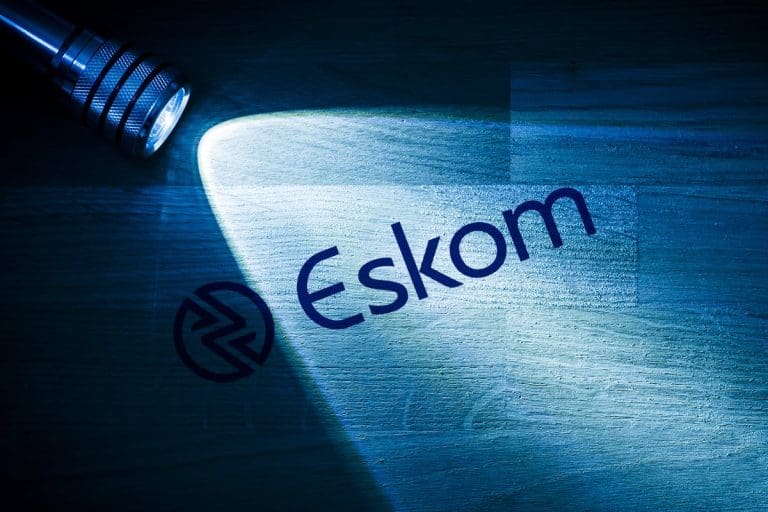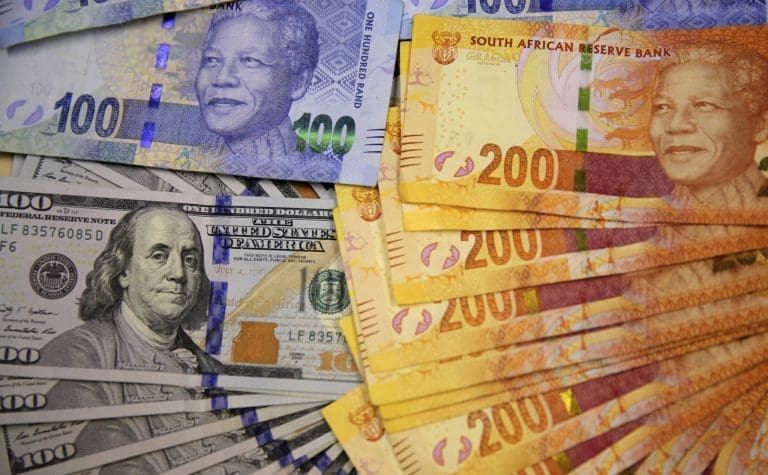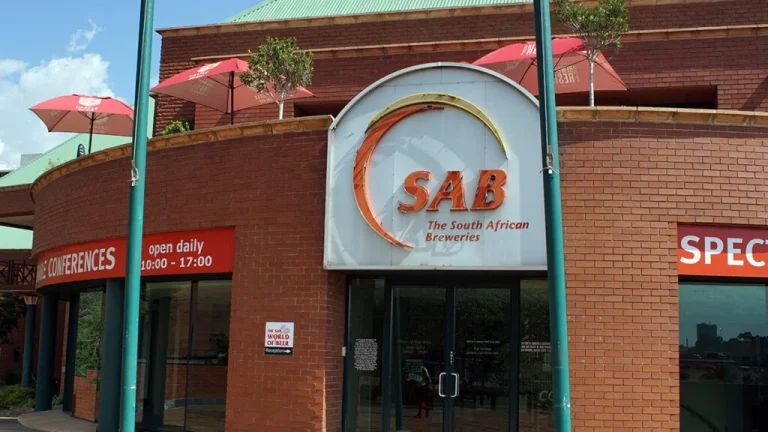In South Africa, being unbanked comes with significant financial costs that can impact individuals’ ability to manage their money effectively. This article looks into the various expenses associated with being unbanked and provides strategies to minimize these costs. By understanding the financial landscape and available alternatives, individuals can make informed decisions to optimize their financial well-being.
The Financial Landscape in South Africa
South Africa has a diverse financial sector, offering a range of banking and non-banking financial services. However, a significant portion of the population remains unbanked, primarily due to various barriers such as minimum balance requirements, fees, and distrust of traditional banking institutions.
According to recent data from the South African Reserve Bank (SARB), approximately 7.1 million adults in South Africa do not have a bank account. This represents a substantial portion of the population that relies on alternative financial services, often at a higher cost.
Understanding the Costs of Being Unbanked
Being unbanked in South Africa can lead to several financial challenges and costs:
- Check-Cashing Services – Many unbanked individuals rely on check-cashing services to access funds from checks they receive. These services often charge a fee, either as a percentage of the check amount or a flat rate. Example: John, an unbanked individual, receives a monthly income of R5,000. He uses a check-cashing service that charges a 5% fee. This results in a fee of R250, reducing his net income.
- Nonbank Money Orders – Unbanked individuals often use nonbank money orders to make payments, especially for bills. These money orders come with a fee, adding to the overall cost of financial transactions. Example: Sarah needs to pay her monthly utility bill of R1,000. She purchases a nonbank money order that charges a flat fee of R20 per transaction. This increases her bill payment cost.
- Prepaid Debit Card Fees – Many unbanked individuals opt for prepaid debit cards to manage their finances. These cards often come with fees for activities like ATM withdrawals, monthly maintenance, and reloading funds. Example: David uses a prepaid debit card for his day-to-day expenses. The card charges a R10 monthly maintenance fee and R5 for ATM withdrawals. Over a year, these fees add up significantly.
Strategies to Minimize Costs
While the costs of being unbanked can be significant, there are strategies individuals can employ to minimize these expenses:
- Explore Low-Cost Banking Options – Some banks and financial institutions in South Africa offer accounts with low minimum balance requirements and reduced fees. Researching and switching to such accounts can save money in the long run.
- Utilize Alternative Financial Services Wisely – When using alternative financial services such as check-cashing or money orders, compare fees and choose the most cost-effective option. Opt for retailers or service providers with lower fees whenever possible.
- Consider Digital Banking Solutions – Digital banks and mobile money platforms offer convenient and low-cost banking solutions. Consider opening an account with a digital bank that offers competitive fees and features.
- Negotiate Fees – For individuals already using prepaid debit cards or other alternative financial services, consider negotiating fees with service providers. Some may be willing to waive or reduce fees for loyal customers.
Conclusion
Being unbanked in South Africa can result in significant financial costs, but there are ways to minimize these expenses. By understanding the costs associated with alternative financial services and exploring low-cost banking options, individuals can effectively manage their finances and improve their financial well-being. It’s essential to stay informed, compare fees, and make strategic decisions to mitigate the impact of being unbanked on one’s finances.



